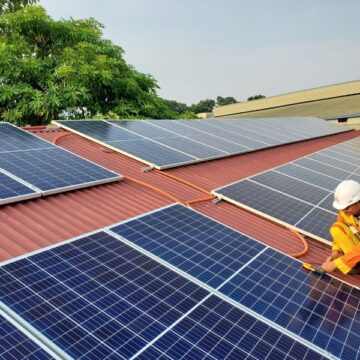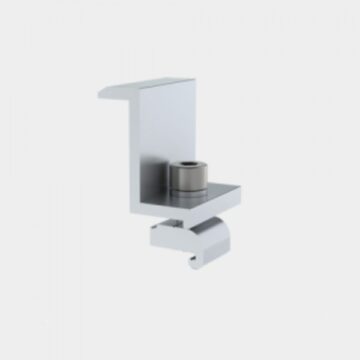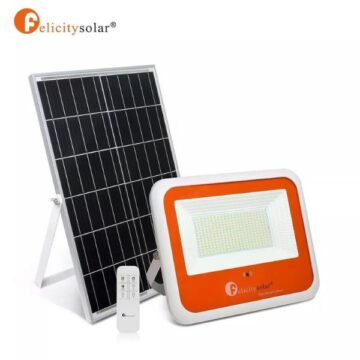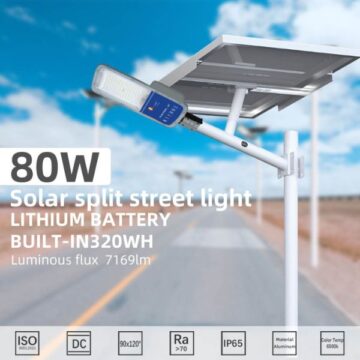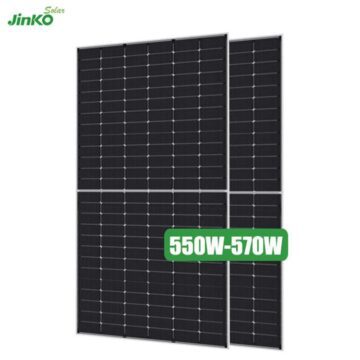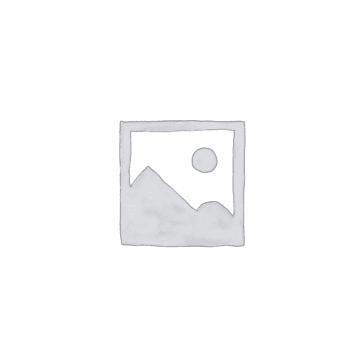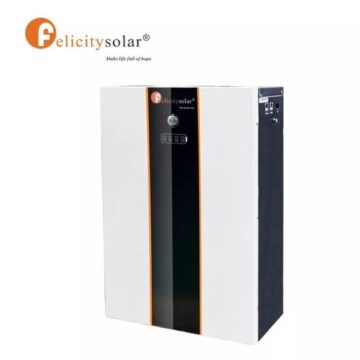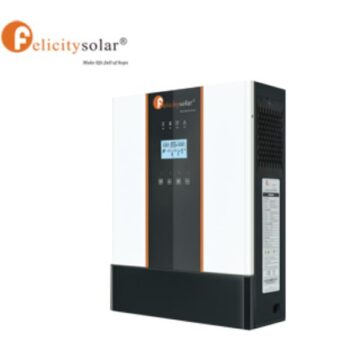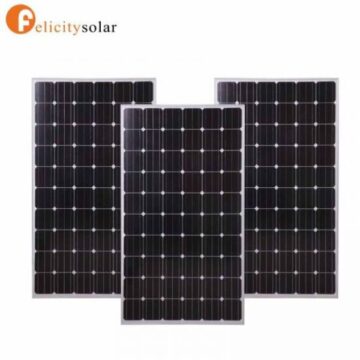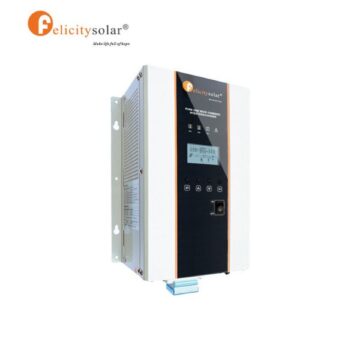1. What is solar power? Solar Power Systems in Kenya, also known as solar energy, is the energy harnessed from the sun’s radiation. It is converted into usable electricity using photovoltaic (PV) panels or concentrated solar power (CSP) technology.
2. How do solar panels work? Solar panels consist of multiple solar cells made of semiconductor materials like silicon. When sunlight hits the solar cells, it excites the electrons, creating a flow of electricity. This direct current (DC) electricity is then converted into alternating current (AC) by an inverter for household use.
3. What are the benefits of using solar power? Using solar power offers numerous benefits, including reduced electricity bills, decreased carbon footprint, lower reliance on fossil fuels, potential income from excess energy generation (through net metering), and long-term cost savings.
4. Is my location suitable for solar panels? The suitability of solar panels depends on the amount of sunlight your location receives. Generally, places with abundant sunlight throughout the year are more suitable, but solar panels can still be effective in areas with moderate sunlight.

5. How long do solar panels last? Solar panels are built to last for several decades. Most panels come with a warranty of 20 to 25 years, but they can continue to produce electricity even after the warranty period, albeit at a slightly reduced efficiency.
6. Are there any government incentives for installing solar panels? Many countries offer various incentives to promote solar adoption, such as tax credits, rebates, feed-in tariffs, and net metering. These incentives can significantly reduce the overall cost of installing solar panels.
7. Can I use solar power during a power outage? Most standard solar panel systems are grid-tied, meaning they automatically shut down during a power outage to protect utility workers. However, with the addition of battery storage (like solar batteries), you can still use solar power during blackouts.
8. What is net metering? Net metering is a billing arrangement that allows solar panel owners to sell the excess electricity they generate back to the grid. This surplus electricity offsets the cost of electricity drawn from the grid when the solar panels are not producing enough energy.
9. How much does a solar panel system cost? The cost of a solar panel system can vary depending on the size, location, installation complexity, and the type of panels and inverters used. However, solar panel prices have been decreasing over the years, making solar installations more affordable.
10. Are there any environmental concerns related to solar panels? Solar panels have a relatively low environmental impact compared to fossil fuel-based power generation. However, there are concerns regarding their manufacturing process, use of certain materials (like rare metals), and end-of-life recycling. Researchers are continually working to improve their sustainability.
11. Can I install solar panels myself? While it is possible for some DIY enthusiasts to install solar panels, it is recommended to hire a professional solar installer. Proper installation ensures optimal efficiency, safety, and adherence to local building codes and regulations. Happy Solar Systems is one of the leading solar power installers in Kenya. Call us today at 0741 163020
12. What is the typical payback period for a solar panel system? The payback period for a solar panel system varies depending on factors like the system’s cost, local electricity rates, available incentives, and energy consumption. On average, solar panel systems have a payback period of 5 to 10 years.

